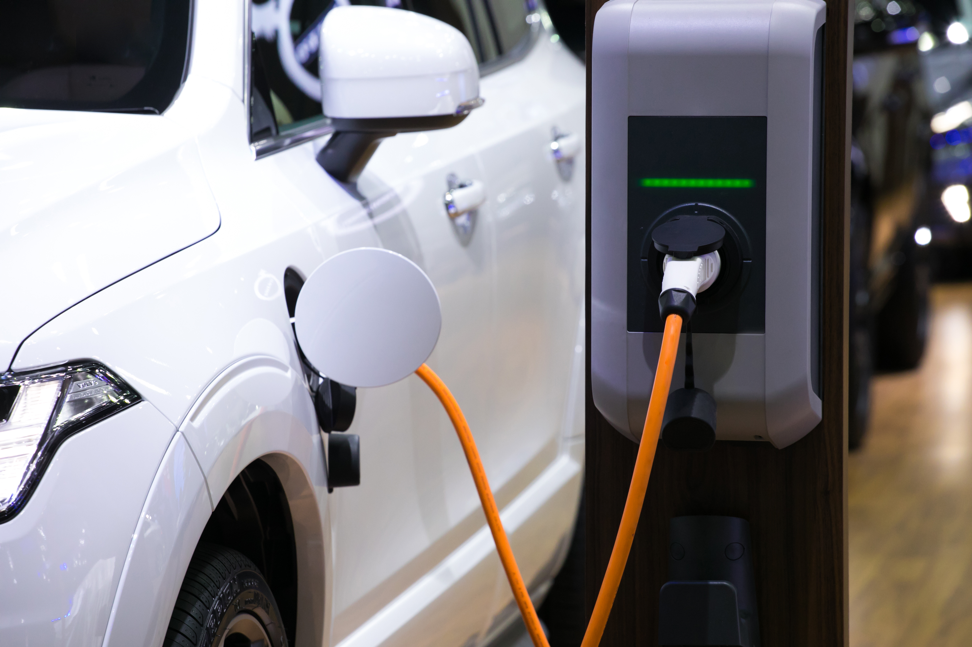
Hybrid cars include an electric motor and an internal combustion engine. Today, people are seeking the best hybrid cars, SUVs, and minivans more than ever. Advances in manufacturing have borne affordable electric cars. While having both a gas engine and an electrical motor sounds convenient, there are pros and cons to consider before making a purchase.
Hybrid/Electric Car Pros
The advantages of owning a hybrid car include:
- Cost savings: Fuel efficiency can help you save at the pump. Federal tax credits (available with plug-in vehicles), state rebates, and other incentives help, while you may be exempt from congestion charges as well.
- Less pollution: A car that uses gas and electricity releases less pollution into the air because it runs cleaner; operating on electric power in traffic significantly reduces atmospheric emissions.
- Reduced dependence on fossil fuels: Hybrids are extremely efficient, thereby reducing dependence on oil and other fossil fuels, and keeping down the price of gasoline in the general market.
- Reduced weight: Hybrid cars are lighter than their gasoline counterparts, meaning less energy is consumed by operating them. Smaller, lighter engines help in this area as well.
- Regenerative brakes: Energy is captured from the friction of braking. It is delivered to the battery, helps charge the electric motor, and can reduce fuel consumption and extend brake life.
- Hybrids don’t idle: The internal combustion engine shuts down when the vehicle stops; therefore, it doesn’t waste fuel or release pollution and smog. In idle, the car’s battery pack powers the climate system, radio, and other systems. The gas engine will rev up again when the vehicle reaches a pre-determined speed.
- Increased resale value: As people turn to hybrid cars to offset higher gasoline prices and reap other benefits, average resale values are on the increase.
Cons of Hybrid Vehicles
The disadvantages of a hybrid car depend on the type you drive. Despite what is listed below, you may find a hybrid vehicle that provides as much power and performance as a regular one (there are performance hybrid models on the market). In general, hybrids are designed for efficient city driving. Speed and acceleration are generally not on par with gasoline-powered vehicles, so you might want to consider various performance specs before purchasing a hybrid model.
Some of the disadvantages you might see include:
- Expense: A hybrid car may cost $5,000 to $10,000 more than a traditional petrol vehicle. However, you can offset some of that extra cost with tax exemptions and lower costs of operating the hybrid car.
- Maintenance: Having dual engines can present maintenance issues, given there are additional systems that can require service. Other factors include technologies that are still undergoing improvements and finding a mechanic with expertise in hybrid technology.
- Less than ideal handling: While manufacturers try to reduce weight, the presence of a gasoline engine, electric engine, and battery pack adds weight, which may not be optimally distributed. To cut down weight, some manufacturers reduce support in other areas such as the body and suspension.
- High voltage: An accident can expose you to high voltage present inside the batteries. If you, a passenger, or rescuer is exposed to such voltage, electrocution is possible, resulting in serious injury or death.
Where to Get the Best Electric Cars
If you find electric and hybrid car technology meets your needs, CarWorld can help you find affordable electric cars. We’ll even get you financed so you can drive away with a vehicle the same day. Visit our Hawthorn dealership or call 833-219-9951 today to get started.